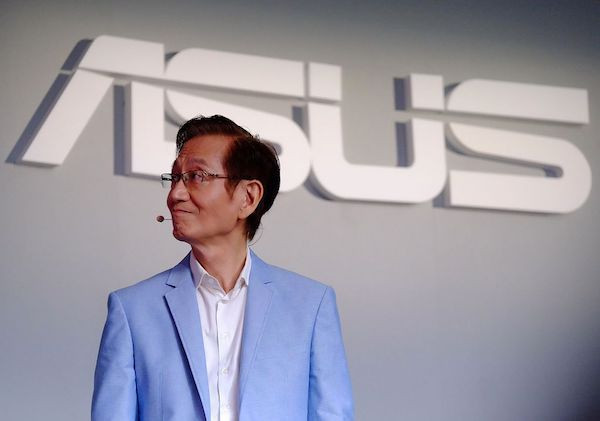Asustek Predicted To Post Over 10% Gaming Notebook Shipments Increase

Taiwanese computer hardware company Asustek Computer Inc. is predicted to post an estimated over 10 percent increase in its gaming notebook shipments this year amid tighter market competition with its rivals.
Digitimes reported Thursday that Asustek is likely to post the increase despite Intel CPU shortages because the company prepared for the anticipated tight supply. It had also aggressively built up its inventory of gaming notebooks in the first half of this year.
Since it was able to prepare, Asustek now maintains a stable supply of its gaming laptops unlike its competitors. It has also been cooperating with AMD so well that it does not need to worry about its second half performance.
Earlier this year, Asustek’s shipments were severely undermined by its strong rivals. But starting July, its sales began to pick up thanks to its steady supply of gaming notebooks. What’s also good here is the fact that Asustek does not need to worry about rising component costs since it prepared its inventory in the first half.
Asustek is also looking beyond its gaming notebook shipments in the second half. The company is currently preparing new machines that utilize the Ryzen platform, and it is set to introduce them to the public in the near future.
The competition in the gaming laptop market has become fiercer in the recent years. Big players including Hewlett-Packard (HP), Lenovo, Dell and Acer have been releasing high quality models with competitive pricing. On the other hand, Razer, Gigabyte Technology, Hasee, Tongfang and Xiaomi have been working hard to strengthen their sales and brand recognition among consumers.
Meanwhile, the chip shortages are expected to impact Intel’s earnings until next year. Compal Electronics CEO Martin Wong previously said that Intel will likely continue to face shortages into the second half of 2019, according to Tom’s Hardware.
Wong came up with the statement after learning that Intel has relayed to its downstream partners its timeline for when the shortages might get solved. Wong concluded that based on information he obtained, the shortages could last for another year.
© Copyright IBTimes 2024. All rights reserved.




















